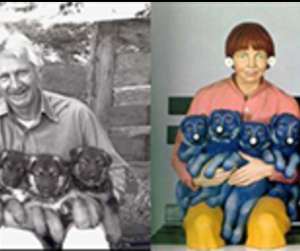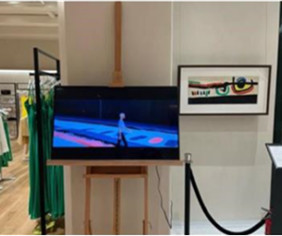WIPIP: In Memoriam and Fair Use
43(B)log
FEBRUARY 4, 2023
A Few Words for a Lost Friend: Tribute to Dmitry Karshtedt (Bob Brauneis, Mark Lemley, Jake Sherkow) Closing Plenary Session: Fair use Robert Brauneis, Copyright Transactions in the Shadow of Fair Use Suppose a work does not infringe another work because and only because it’s been ruled a fair use.











Let's personalize your content